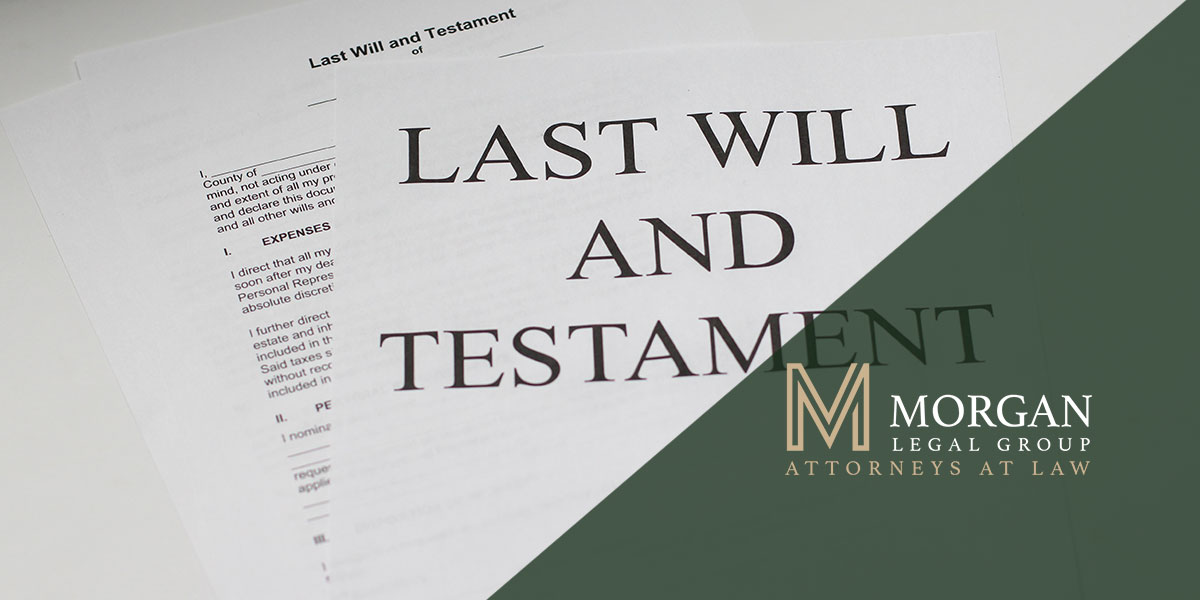Understanding the Last Will & Testament in Florida
Creating a Last Will & Testament is a fundamental aspect of estate planning, enabling individuals to outline their wishes for the distribution of assets and the care of dependents after their passing. In the state of Florida, there are specific guidelines and requirements that govern the creation and execution of a valid will.
Why Is a Last Will & Testament Important?
A Last Will & Testament, often referred to simply as a “will,” is a legally binding document that serves several crucial purposes:
- Asset Distribution: It allows you to specify how your assets, including property, money, and personal belongings, should be distributed among your heirs and beneficiaries.
- Guardianship Designation: If you have minor children, a will lets you designate a guardian who will be responsible for their care in the event of your passing.
- Executor Appointment: You can name an executor who will manage your estate and ensure your wishes are carried out.
- Debt and Tax Resolution: A will can provide instructions on how your debts, taxes, and other financial obligations should be settled from your estate.
Without a valid will, the state of Florida will determine how your assets are distributed based on its intestate succession laws, which may not align with your wishes.
Creating a Last Will & Testament in Florida
In Florida, the process of creating a valid will involves several key steps:
- Capacity: You must be of sound mind and at least 18 years old to create a will.
- Writing: The will must be in writing, whether typed or handwritten (holographic), and signed by the testator (the person making the will) or by someone else at the testator’s direction and in their presence.
- Witnesses: Florida law requires at least two witnesses to sign the will in the presence of the testator. Witnesses should not be beneficiaries or spouses of beneficiaries in the will to maintain its validity.
- Notarization: While notarization of a will is not required in Florida, it can make the probate process more efficient and less prone to legal challenges.
It’s important to note that Florida recognizes both self-proved wills and traditional wills. A self-proved will includes a sworn statement by the testator and witnesses, which can simplify the probate process.
Probate Process
Probate is the legal process through which a will is validated and the deceased person’s estate is administered. In Florida, probate proceedings are conducted in the county where the deceased person resided. The court oversees the distribution of assets, payment of debts, and resolution of any disputes related to the will.
Seek Legal Guidance
Creating a Last Will & Testament is a significant decision that should be made with careful consideration of your unique circumstances. Legal guidance from an experienced estate planning attorney, like those at Morgan Legal Group in Miami, can help ensure your will is legally sound and accurately reflects your wishes.
Our team of attorneys specializes in estate planning and can assist you in creating a comprehensive and effective will. Contact us today to discuss your estate planning needs and secure the future of your assets and loved ones.

